57-year old COVID-19 patient paralysed after virus attacks the nervous system
By Lokmat English Desk | Published: July 18, 2020 02:38 PM2020-07-18T14:38:36+5:302020-07-18T14:38:36+5:30

A British man has been left paralysed after coronavirus triggered a rare condition that caused his body to attack his own nerves.
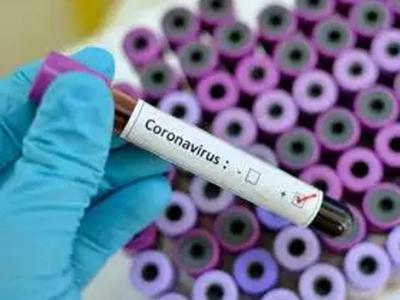
The 57-year-old was rushed to A&E on April 13 after struggling to stand upright or move his arms, where a swab confirmed he was infected with Covid-19.
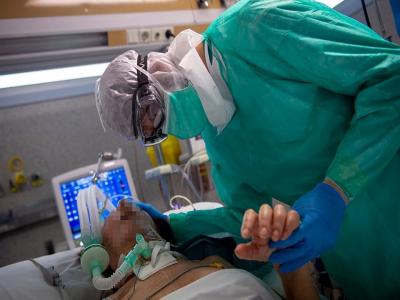
By day three in hospital, his muscles had become so numb he could barely swallow or breathe on his own. Tests showed the patient was suffering from Guillain-Barré syndrome (GBS), a rare autoimmune disorder that affects around 1,500 Brits a year.
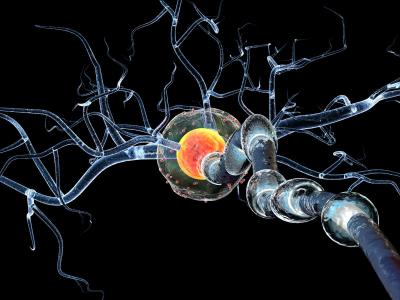
Normally the immune system attacks any germs that get into the body, but in people with the syndrome, it mistakenly targets the peripheral nervous system — a network of nerves located outside of the brain and spinal cord.
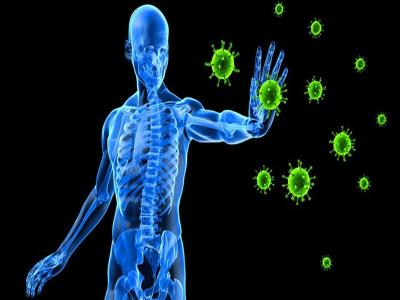
The condition - which can be life-threatening - almost always occurs after a viral or bacterial infection, when the immune system is ramped up. In two-thirds of patients, GBS is triggered after respiratory infections, like a bad bout of the flu, or infections in the digestive system, such as food poisoning.
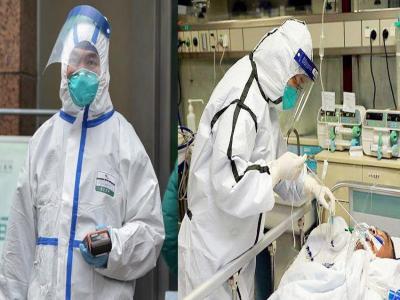
Most GBS patients fully recover from even serious cases of the disorder, but one in five have long-lasting paralysis. It is the first reported case of the disorder linked to coronavirus in the UK. Fewer than 10 cases have been reported worldwide.
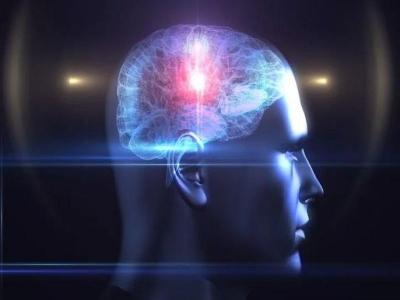
The tale was revealed in the British Medical Journal Case Reports by medics who treated him. They say it's 'imperative' doctors stay vigilant for GBS in Covid-19 sufferers.
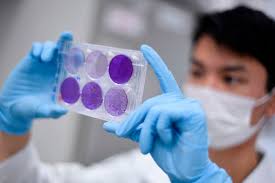
The patient, who had undiagnosed high blood pressure - a known risk factor for Covid-19, first fell ill in early April.
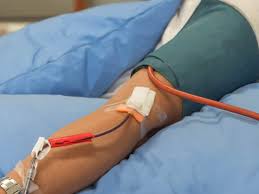
He had contracted the viral disease at the height of the UK's crisis when nearly a thousand people were dying a day from coronavirus.
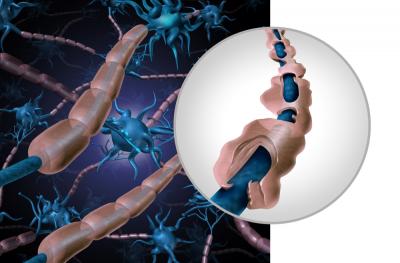
The patient suffered a persistent cough for a week, along with flu-like symptoms, including a headache, nausea and diarrhoea.
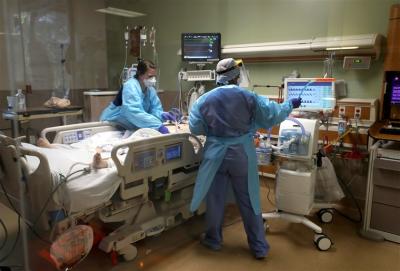
On April 12 he grew increasingly concerned when he began struggling to stand upright without help and noticed tingling in his limbs. The next morning he was completely unable to walk and his arm were too weak to move so he was rushed to A&E.

















